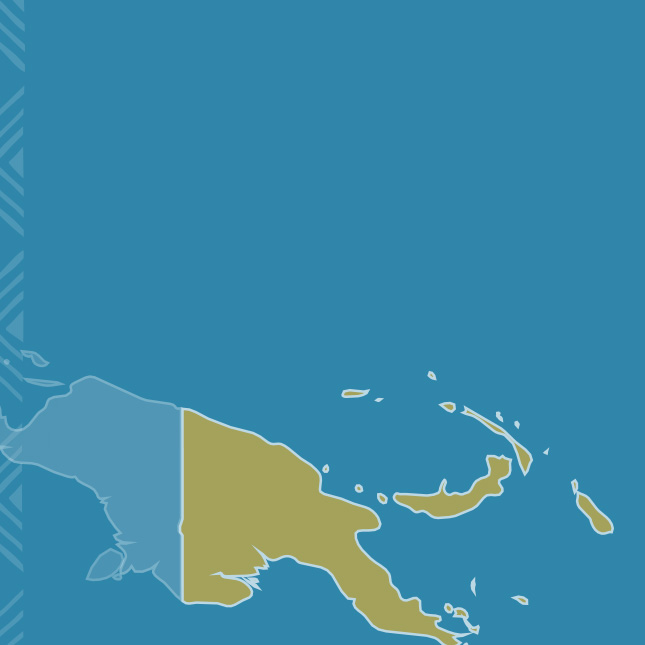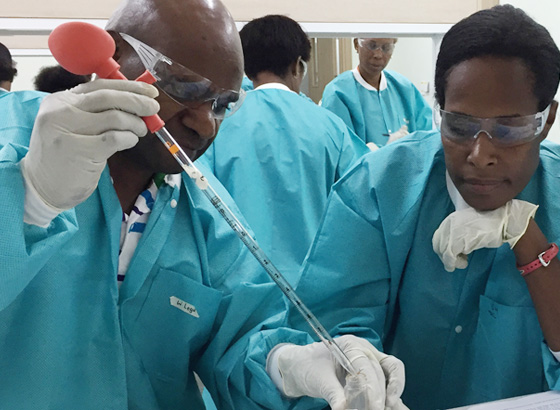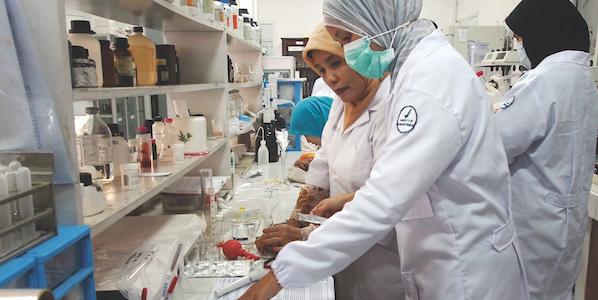Substandard and falsified medicines are all too common across the Asia Pacific region, including in Papua New Guinea, where one study found poor-quality antimalarials in nearly half of all hospitals and health facilities.
What’s at stake
A strong, effective national quality control laboratory that can reliably and accurately assess medicines quality can help authorities spot poor-quality medical products before they harm the patients and communities who need them most.
Developing a strong laboratory that meets global standards can help avert the continued advance of antimicrobial resistance, improve treatment outcomes, and ultimately save lives.


Project at-a-glance
- Timeline: 2016 – 2023
- Donor: World Health Organization (WHO)
- Technical areas: Strategic planning, resource optimization, lab systems strengthening
Project goals and objectives
- Support the establishment of a functioning national medicines quality control laboratory that ensures the quality, efficacy, and safety of medical products.
- Strengthen staff capacity in quality control testing, quality management systems, and laboratory equipment maintenance.
- Develop planning and strategy frameworks to guide sustained operations.
- Support the lab in attaining WHO prequalification and position it as a reference laboratory for both Papua New Guinea and neighboring Pacific Islands.
Results
We worked with the government of Papua New Guinea to establish a new national medicines quality control laboratory that can meet international standards and introduce a risk-based post-marketing surveillance program.
Specifically, the project achieved the following milestones:
- Inaugurated a new quality control laboratory by the Ministry of Health in 2017.
- Developed a five-year strategic plan to ensure sustainability.
- Strengthened the quality management system and built the technical capacity of in-house laboratory staff.
- Conducted a risk-based post-marketing surveillance study across nine provinces.


Ensuring quality medicines for patients in Southeast Asia
Laboratories strive for global accreditation and beyond

Bolstering public health laboratory networks
Institutionalizing quality in laboratory processes, personnel, and performance



